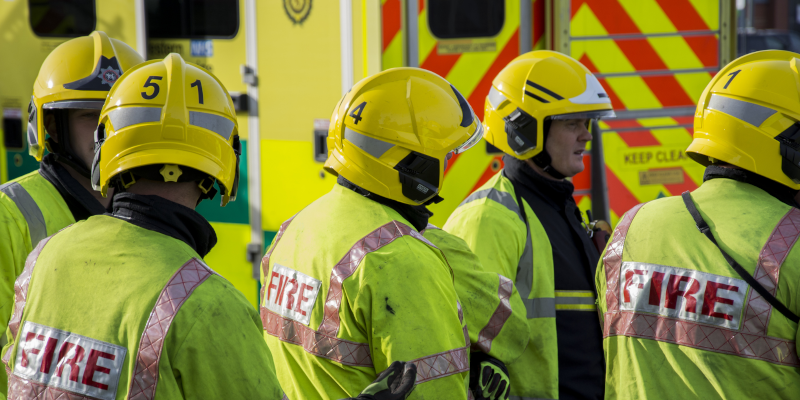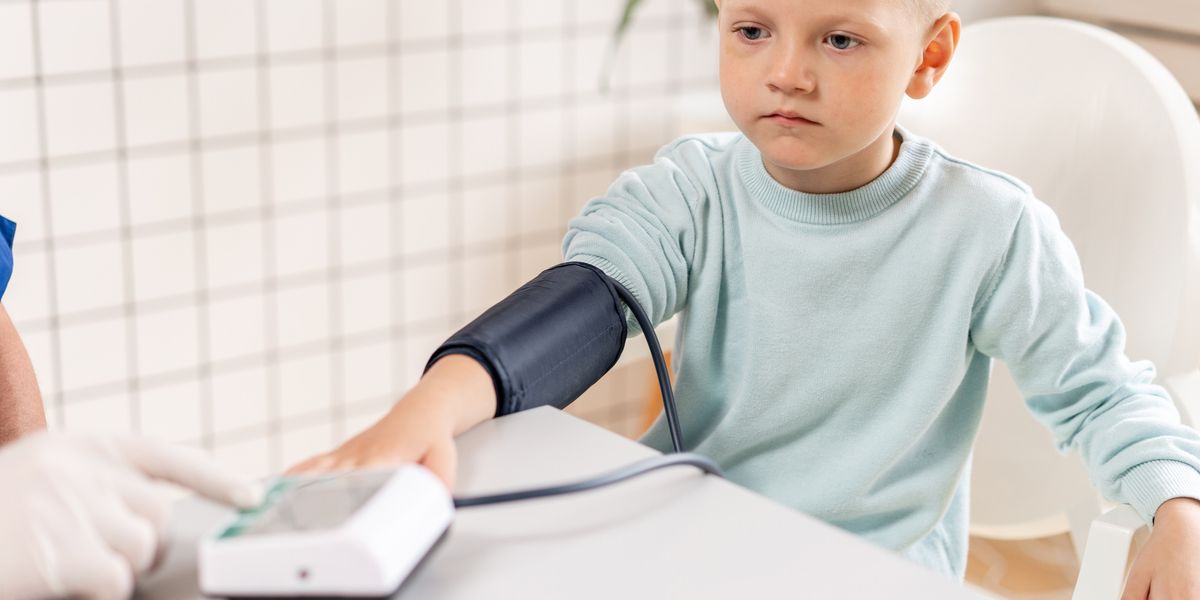Statistics released by the Home Office show an increasing number of callouts to severely obese people who can no longer move by themselves.
Firefighters in England undertook 1,614 ‘bariatric assists’ in 2020, a 24% rise from 2019‘s figures.
A bariatric assist might involve the use of lifting equipment to rescue a stranded obese homeowner, while in some cases, bannisters, windows and walls may have to be removed.
In 2012 there were only 429 bariatric assists recorded, but the number has been steadily rising ever since.
The rising number of bariatric assists is a stark reminder of the UK’s obesity crisis.
In 1993, the proportion of England’s adults who were obese was only 14.9%, but it has now risen to over a quarter of the country’s adult population. A further 36% of adults are overweight, which is usually defined as having a body mass index (BMI) of 30 and over.
Alongside restricting a person’s mobility, being obese has severe health consequences, including heart disease and high blood pressure.
People who are obese are also up to 80 times more likely to develop type 2 diabetes than those with a healthy BMI, while there is also an increased risk of developing at least 13 different types of cancer.
In the years 2020-21, between 30 and 39 firefighters were needed to assist in just one of the rescues. Firefighters also spent an hour or under assisting in 59% of those years’ callouts, while a further 41 of the bariatric assists took over four hours.
Commenting on the number of bariatric incidents, a Home Office spokesperson said: “Bariatric incidents accounted for 0.3% of the 518,261 fire and rescue incidents that occurred in 2020/21. Fire and rescue services have the resources they need to do their important work – overall they will receive around £2.5 billion in 2022/23.”
However, Tam Fry, chairman of the National Obesity Forum, believes these figures “will continue to rise for many years to come.
“Even when the government’s latest plans to tackle obesity have been finally implemented, there will still be hundreds requiring rescue teams to get them out of their homes and into hospital for treatment,” he said.
“Thirty years of political indifference are responsible for this desperate situation.”
Although many factors are responsible for the nation’s growing obesity problem, the cost of living crisis has made it harder to afford healthier food options.
A recent study found that obesity rates were increasing twice as fast in England’s deprived areas compared to the country’s more affluent communities.
The author behind the report, Jonathan Holmes, told The Times that “the war on obesity is a war the government are losing. On many fronts it’s a war they have surrendered.
“Eating meals which meet the government’s healthy eating guidelines is unaffordable to most households in more deprived areas. Processed less healthy foods are cheaper and more accessible in deprived areas.”
Part of the Department of Health and Social Care’s plan to tackle obesity will come into effect later this year, with new legislation restricting the promotion of unhealthy products in-store and online.
But the government is being asked to do more, with Holmes calling for further action after weight loss programmes were hit by the withdrawal of £30 million in funding.
And if things continue how they are, without further government intervention, the outlook is bleak.
A sobering report published by Cancer Research UK earlier this year predicted that 4 in 10 of us will be obese by 2040, while at least 42 million or 71% of the population will be overweight.
Michelle Mitchell, chief executive of Cancer Research UK, said: “These projections should serve as a wake-up call to the Government about the state of our nation’s health. Ministers mustn’t keep kicking the can down the road when it comes to tackling the obesity crisis – delaying measures that will lead to healthier food options.”





